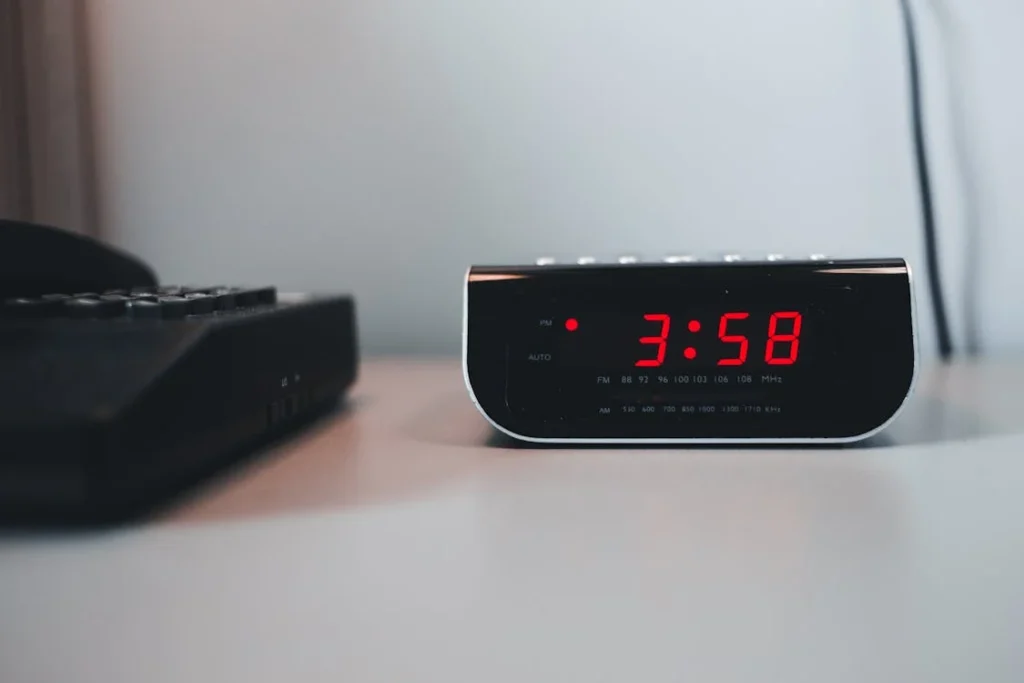The Importance of Pool Safety
Swimming pools Alarms are a source of joy and recreation for many families. Pool alarms play a crucial role in enhancing safety by providing an early warning system to prevent accidental drownings.
Overview of Pool Alarms
Pool alarms are devices designed to alert homeowners and pool users to unauthorized or accidental entries into the pool. They come in various types and configurations, each suited to different needs and environments.
Types and Categories of Pool Alarms
Surface Wave Alarms
Surface wave alarms detect disturbances on the water’s surface. These are ideal for monitoring accidental falls into the pool.
Subsurface Alarms
Subsurface alarms operate by detecting underwater disturbances, making them less prone to false alarms triggered by wind or debris.
Perimeter Alarms
Perimeter alarms create an invisible fence around the pool area.
Wearable Alarms
Wearable alarms are designed for children and pets. These devices trigger an alarm if they get wet, providing an immediate alert.
Gate Alarms
Gate alarms monitor the gates leading to the pool area, ensuring that they remain closed and alerting if they are opened unexpectedly.
Symptoms and Signs of Pool Alarm Activation
Audible Alerts
Most pool alarms emit a loud noise to alert homeowners of potential danger.
Visual Indicators
Some alarms come with flashing lights that activate alongside audible alerts.
Causes and Risk Factors for Pool Accidents
Inadequate Supervision
Lack of proper supervision is a leading cause of pool accidents, emphasizing the need for reliable pool alarms.
Lack of Barriers
Pools without proper fencing or barriers pose a higher risk of accidental entry, making perimeter and gate alarms essential.
Alcohol and Drug Use
The use of alcohol or drugs around the pool area can impair judgment and increase the risk of accidents.
Diagnosis and Tests for Pool Safety
Pool Safety Audits
Professional audits can help identify safety gaps and recommend appropriate alarm systems.
Testing Alarm Systems
Regular testing ensures that pool alarms are functioning correctly and can effectively alert in case of an emergency.
Treatment Options: Enhancing Pool Safety
Installation of Pool Alarms
Choosing the right type of alarm based on pool and household needs is critical.
CPR Training
Knowledge of CPR can save lives in emergency situations, making it a valuable skill for all pool owners.
Preventive Measures
Regular Maintenance
Ensuring that pool alarms and other safety equipment are well-maintained and functional.
Safety Drills
Conducting regular safety drills to ensure everyone knows what to do in an emergency.
Personal Stories or Case Studies

Case Study: The Smith Family
The Smith family installed a combination of perimeter and subsurface alarms after a near-drowning incident, which has since prevented multiple potential accidents.
Real-Life Testimonials
Parents and pet owners share their experiences and the peace of mind that pool alarms have brought to their homes.

